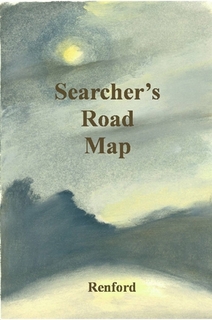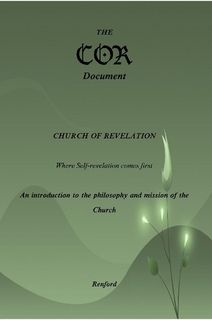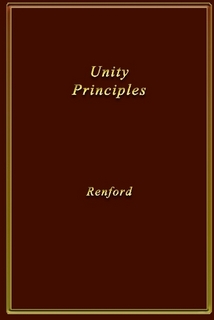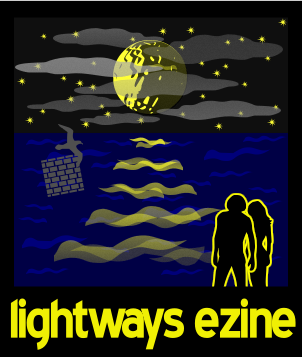INSTITUTE OF APPLIED METAPHYSICS Where One Comes to Know

|
|
Centers of Learning – The University
How do you determine what and where to Study? Can what you seek be found in Universities, Churches, cults, speakers on the circuit, or only by going to some far off retreat, ashram or monastery? Is there any organized religion that will teach you what you need to know without strings, rituals and superstitions being attached?
Before we can safely and accurately look outside ourselves, we must look within. It is important for us to know who and what we are when we begin to consider the ultimate questions. Most of the success motivation speakers and writers include in their formulas for success the fact that we must 1) know exactly what we want, 2) we must design a plan to achieve it and 3) have the will to see it through. Unfortunately, even these accomplished teachers frequently leave off the first and most important step in this process. They leave out the step necessary to achieve these three. In the early stages of identifying the Universal Laws in our lives, we find that before we can take these steps we must know exactly where we are. There is software available now where the best possible route to a destination is traced for you. You can order it to tell you the best route by Interstate highways or the most direct way to go using all available roads to any city. However, it can only map out a path to somewhere you want to go if it knows where you are. It will not work without knowing where we are!
When it comes to knowing where one is in the evolution of the soul, we must begin by asking questions such as the samples listed below. It is possible your answers will be both or neither.
1) Do I really want to learn something or am I looking for certification that I know something? 2) Do I need a piece of paper to authenticate myself for a job or do I want to know how to develop myself? 3) Am I looking for deep understanding or a career? 4) Do I recognize and understand the rules of the game of life?
To determine what we want and develop a plan, we must begin by asking such questions as:
1) What makes me happy? 2) How would I like to be remembered? 3) What kind of school do I need to get what I want? 5) Do I need a center of learning like a university or some other source? 6) What are the fields of knowledge? 7) In which field of knowledge do I want to concentrate? 8) Can I get what I want at a University?
To answer these questions, we need to examine what it is we are talking about when we think of centers of learning or universities:
1) Where did universities come from? 2) What was their function when developed and what is it today? 3) What is a liberal arts education as opposed to specific professional studies? 4) What is a “Whole” education? 5) What, if anything, am I going to get from the Institute of Applied Metaphysics that I can get nowhere else? 6) How does the mission of the Institute of Applied Metaphysics fit into the spectrum?
Some early universities were more like the way we think of them today. Bologna, for instance, was actually organized by the students. It is thought by many scholars to be the oldest university, but the Al-Azhar University, founded in Cairo in about 970 is several centuries older. By the standard of Mr. Schachner’s definition, the Essenes of Qumran, where many believe Jesus spent much time before his ministry began (the so-called lost years of Jesus), would qualify as a university; and we can go back even further to the mystery schools of Egypt.
Of course, the State (Kings) became aware of the political value fairly early. Frederick Barbarossa, the King of Sicily, Naples and Emperor of the Germans in 1158 decreed the protection of students (Habita) and turned a whole principality into a “Studium Generale” (Where students were received from all parts of Europe). These two words became synonymous with “University”. Some were founded to serve a profession like the Studium of Salerno, an 11th century medical related school. They had a College of Doctors and a trade guild of the teachers in the Faculty of Medicine.
Once the Church became all-powerful it was natural that the Popes usurped power. The University was too important a political base. The World Book Encyclopedia notes, “It was gradually insinuated that a new University could not be a “Studium Generale”, with the right of Jus ubique docendi (The right to teach anywhere) for its masters, unless it possessed a Papal Bull of Foundation; or at least a charter from the Emperor, who theoretically, was likewise a universal power.” These were powerful tools of the state and the Church, and led to Masters Guilds. In Scholars & Gentlemen by Hugh Kearney it is pointed out, “Essentially the universities were the educational organs of a vast ecclesiastical corporation, looking to the Papacy as its head.”
With the industrial revolution came changes because the University is an integral part of the power structure. Kearney points to the changes that came with Henry VIII and the establishment of the Church of England. “Of the sixty halls at Oxford in 1450, thirty were halls of legists, namely cannon lawyers (doctrine or “law” of the Church). At Oxford there were many more legist halls than there were colleges. Cannon Law literally disappeared because Church Clerics disappeared and the humanists or Common Lawyers took over. Schachner, in comparing the mediaeval university with universities today wrote, “For twentieth-century institutions of learning are but pallid simulacra of these lusty forbears.” He goes on to say, “In fine, the Universities of today are but inconspicuous eddies in the vast currents of modern life.”
Universities of all kinds are facing crises. L.G. Heller, author of The Death of The American University, when referring to the open admission policies of universities today defined it as “a political device for conferring a college degree without providing a college education.”
The Institute of Applied Metaphysics affirm is that this study can be more important and of greater value because one who understands the rules of the game and the innate powers of a human being there are no limits except those we place on ourselves. We must choose our course of study and create our lives. | |
|
|
Click Below for your FREE Download of the Searcher's Road Map! |
Check out the Long Awaited Father Confusors by Renford |
||||
|
|





